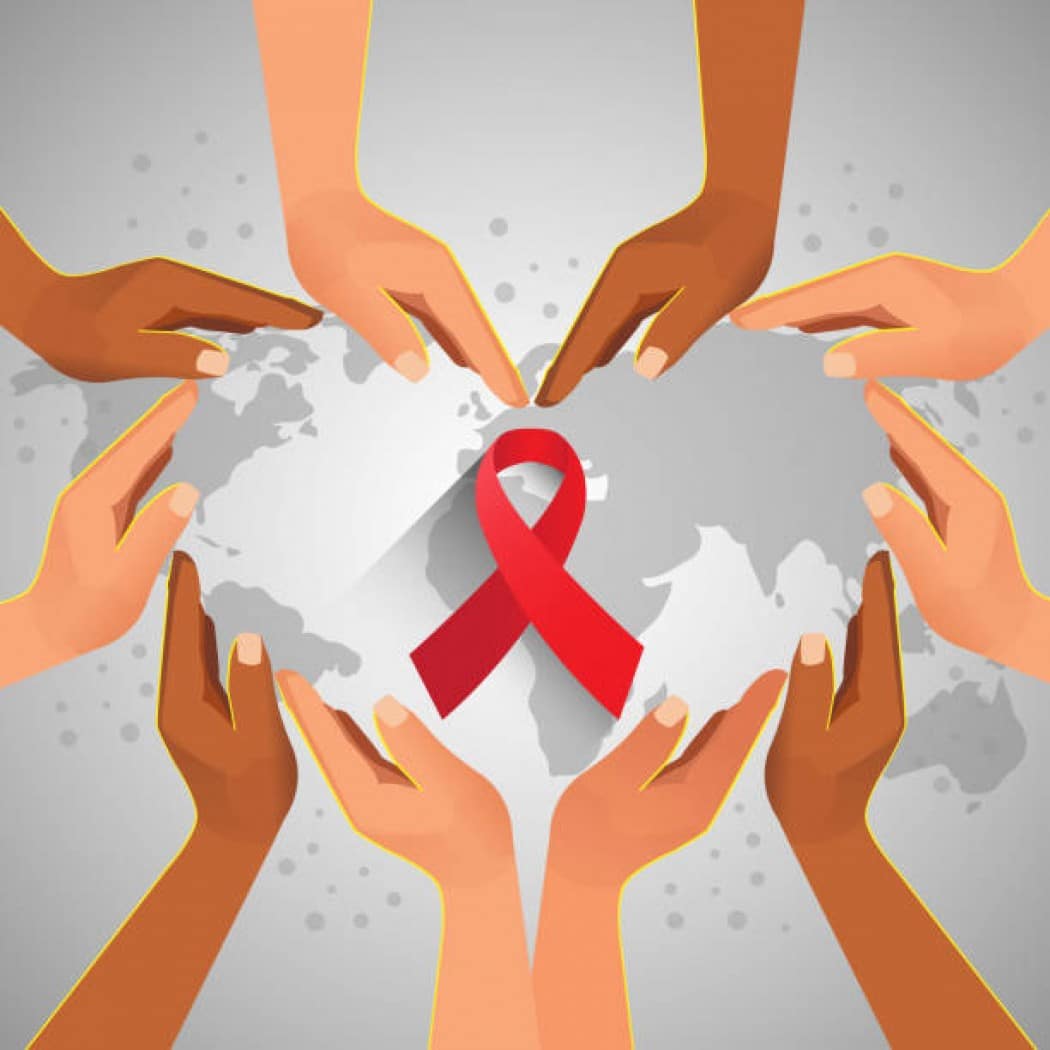HIV (human immunodeficiency virus) can weaken your immune system, making you more vulnerable to other infections.(HIVcare.org, 2023). If left untreated, HIV progressively deteriorates the immune system, ultimately leading to the development of acquired immunodeficiency syndrome (AIDS). Knowing your HIV status empowers you to make informed decisions. The sooner you know, the better. Regardless of your status, you’ll have plenty of options to choose from to remain healthy. June 27 marks National HIV testing day: a day to encourage those to get tested for HIV, know their status, get linked to treatment and care (HIV.gov, 2023). Knowing your status is key to determining the next steps in selecting treatment or prevention options that are beneficial to your health.
The CDC states that those who test positive can rapidly start treatment such as antiretroviral therapy (ART) to remain healthy. For more information on treatment options, visit HIVinfo.nih.gov or speak with your doctor. While there’s a plethora of treatment and prevention options, the real killer is the HIV stigma. The HIV Stigma plays a pivotal role in one knowing their status, and has numerous psychological effects on one’s mental, emotional and physical health.
Those who test negative can take advantage of prevention options such as pre-exposure prophylaxis (PrEP), condoms, and other sexual health vaccines and testing for Sexually Transmitted Infections (STIs).
HIV doesn’t kill people, the stigma of HIV does
HIV stigma refers to irrational or negative attitudes, behaviors, and judgments towards people living with or at risk of HIV. It can negatively affect the health and well-being of people living with HIV by discouraging some individuals from learning their HIV status, accessing treatment, or staying in care. This stigma has invoked fear, shame and guilt, preventing individuals from getting tested, and knowing their status. Those feelings can turn into guilt, hopelessness, leaving one with a desire to stop treatment altogether. Some even experienced discrimination. HIV.gov states, “Internalized stigma can lead to depression, isolation, and feelings of shame, and can affect individuals’ ability to stay adherent to their HIV medication.” Furthermore, the World Health Organization (WHO) describes this stigma as “a remaining fundamental barrier in fighting HIV”. A Visit the CDC’s HIV Stigma Language Guide for tips on discussing HIV in a way that is not stigmatizing.
Take control of your health today by knowing your status. HIV Testing is an act of self-care. Taking the test means taking care of you.

